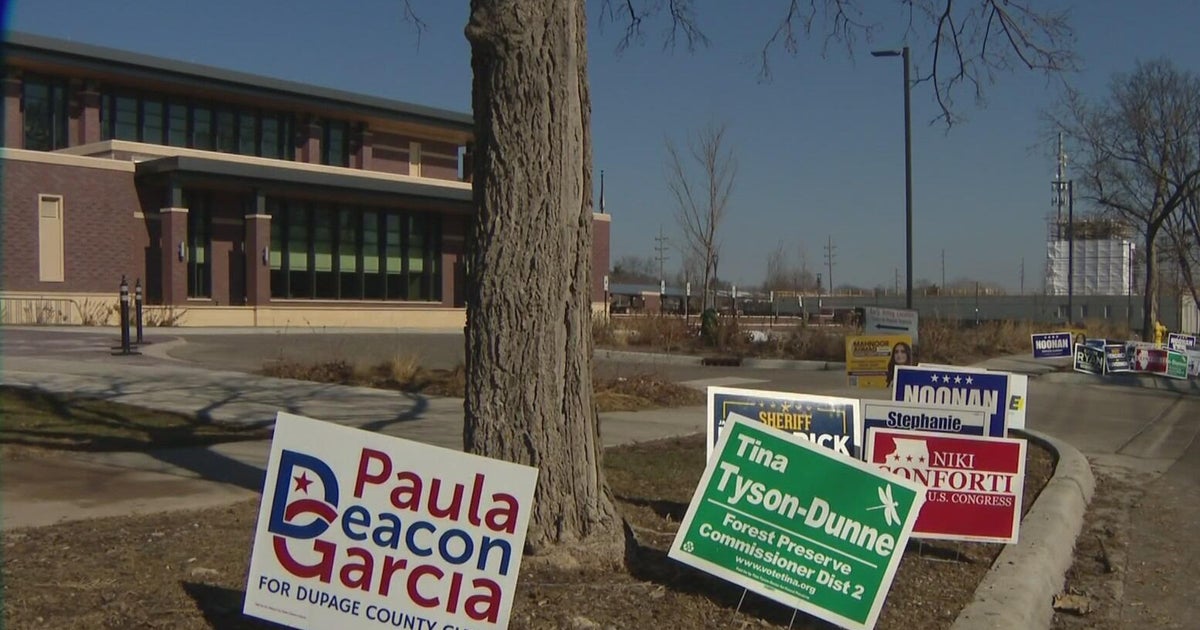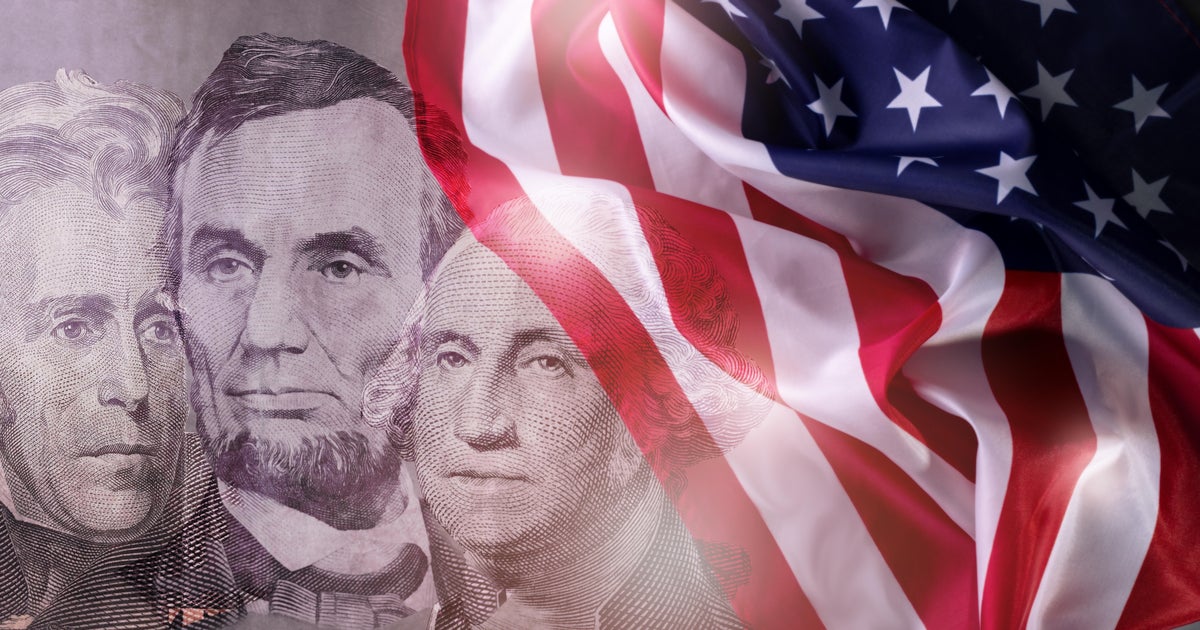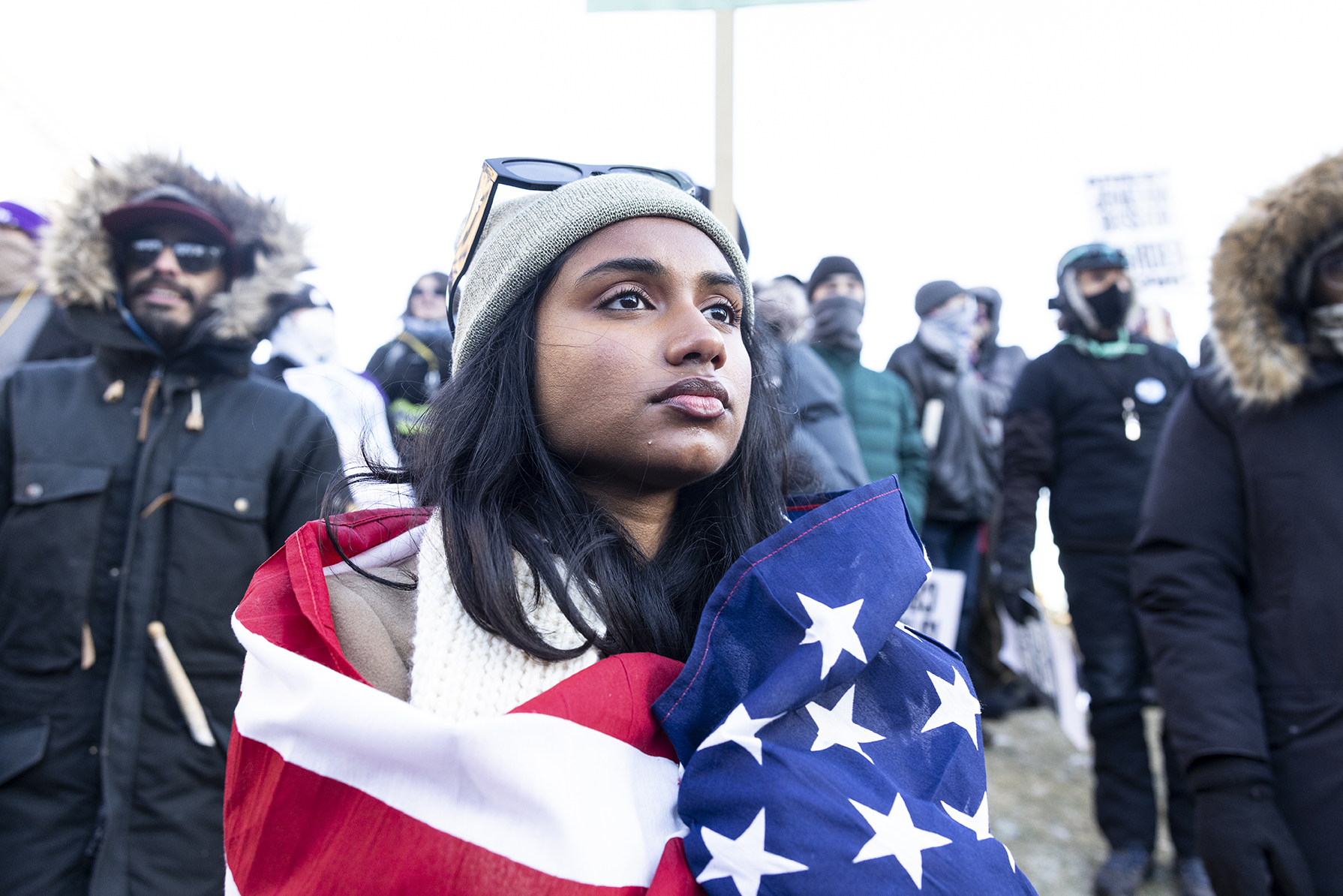16 million Americans have already voted by mail. Here's how one New York county is processing the ballots.
More than 300 election-related lawsuits in at least 40 states have been filed this year, according to the Stanford-MIT Healthy Elections Project, and many of them challenging some aspect of mailed ballots, including witness requirements and ballot deadlines. Although a record 16 million Americans have reportedly already cast their ballots for the 2020 presidential election, many worry their early ballot may not be counted early — or at all.
"I think it's all about transparency. We wanna show the voters, first, how hard we work, that their ballot is gonna be secure when it's here," election commissioner Patricia Giblin told "CBS This Morning" co-host Tony Dokoupil. "And that, you know, we're concerned about their ballot, and we will take every precaution we can."
Giblin, a Republican, is a co-election commissioner in Rockland County, New York, where absentee ballots have already started pouring in. She and co-election commissioner Kristen Zebrowski Stavisky, who is a Democrat, have been working hard together even as their national parties fight to turn out their own voters and make sure their votes are counted.
"Sometimes when there are challenges, people will say, you know, 'Without that stamp, we're not sure when it got here,'" Zebrowski Stavisky said.
After a ballot is received comes the most consequential moment in its journey — signature verification.
After scanning the ballot in, the pair makes a ruling on whether a signature on a ballot matches what they already have on file for the person.
"We're looking at substantial similarities, right? So we're not handwriting experts. We're not sitting there saying, oh that 'y' is slightly different, that's not going to count," Zebrowski Stavisky said.
Across the country in 2016, missing or mismatched signatures doomed more than 150,000 ballots — meaning the dropped ballots could prove decisive in a close election.
Sure enough, the commissioners came across one voter whose signature they thought was "very different" from what was on file, sending them on a search for additional documentation.
"So now we're gonna look at her absentee application," Zebrowski Stavisky said.
Sure enough, the signature matched.
Dokoupil watched as Zebrowski Stavisky and Giblin looked through four signatures on file.
"So it almost appears like she has a very serious signature too and, as the voters say, a quick signature," Giblin said.
The final decision amounted in rejection for that voter's ballot — at least for now.
"We may talk to her and see. She may sign an attestation that she actually completed the ballot," Giblin said.
In New York and at least 18 other states, voters are notified if their ballot has been rejected, and are given an opportunity to fix it in a process known as "ballot curing," according to the National Conference of State Legislatures. However, in most of the country, a rejected ballot can simply be tossed for a number of reasons beyond the signature.
"This isn't sealed," Zebrowski Stavisky said, holding a ballot whose internal envelope was not sealed by the voter. That and a second unsealed ballot were put aside, though they were eventually accepted with no evidence of tampering.
After the initial checks, the sealed ballots are scanned in and moved to a storage room Zebrowski Stavisky described as "really secure."
"There's locks — Democratic lock, a Republican lock, and if we were ever impounded by the court, that lock would be for the sheriff," Giblin said.
In New York, the now-sealed ballots are not counted until three days after polls close so state officials can compare a list of absentee voters against names of those who voted in person to prevent double-voting.
"Election results are always unofficial on election night," Giblin said — a statement true for all 50 states.
In the heated 2020 cycle, battles over the validity of ballots are expected to be fiercer than in the past, which is why the commissioners were eager to "demystify" the process for anxious voters.
"People don't know. And they're nervous about things, because they don't know," Zebrowski Stavisky said. "So, even though we're extremely busy right now, this gives us the opportunity to say to people, 'Look. This is what happens to your ballot. We take it seriously. We want your vote to be counted. And these are all the steps we take to make sure it does.'"
In the wake of the COVID-19 pandemic, most states are expecting a historically high volume of mail-in ballots — putting unprecedented stress on state processing systems. Voters who choose to mail their ballot are encouraged to read and follow instructions on the envelope and ballot, sign everywhere needed and track their ballot, if the state allows.
For more information on each state's rules, visit cbsnews.com/vote/.



